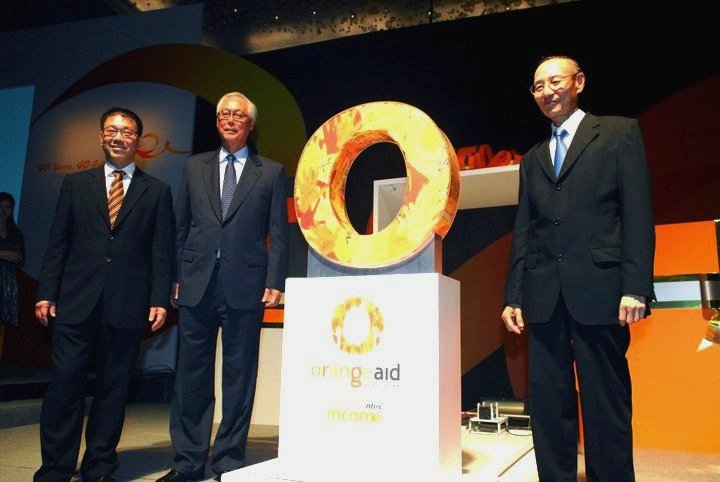Escalating Tensions: Trump Advises Tehran Evacuation Amid Iran-Israel Strikes

In a dramatic escalation of hostilities in the Middle East, former U.S. President Donald Trump has issued a stark warning to residents of Tehran, advising them to evacuate immediately amid rising military tensions between Iran and Israel. This advisory came as both nations engaged in reciprocal missile strikes, marking a significant intensification of their long-standing conflict.
According to Trump, who took to his Truth Social platform on June 17, 2025, "Iran should have signed the ‘deal’ I told them to sign. What a shame, and waste of human life. Simply stated, IRAN CAN NOT HAVE A NUCLEAR WEAPON. Everyone should immediately evacuate Tehran!" This statement underscores the former president's continued emphasis on nuclear non-proliferation in Iran, reflecting longstanding U.S. foreign policy priorities.
This latest military confrontation follows a series of airstrikes launched by Israel targeting Iranian military installations and nuclear facilities, which Israeli officials claim are part of a broader operation dubbed 'Rising Lion' aimed at dismantling Iran's nuclear capabilities. Reports indicate that over 224 Iranians have been killed and more than 1,000 injured, predominantly among civilians, since the escalation began, while Israeli casualties have also been reported, with 24 deaths attributed to Iranian missile strikes.
French President Emmanuel Macron, speaking at a concurrent G7 summit in Canada, called for an immediate cessation of strikes against civilians by both sides. He warned against the pursuit of regime change in Iran, stating, "All who have thought that by bombing from the outside you can save a country in spite of itself have always been mistaken." Macron's call for diplomacy reflects a broader international concern about the civilian toll and the potential for further escalation in the conflict.
The United Nations and various international bodies have expressed alarm over the deteriorating situation, with numerous resolutions condemning military actions targeting civilians and nuclear facilities. For instance, UN General Assembly Resolution 41/93 urges Israel to renounce nuclear weapons and place its arsenal under International Atomic Energy Agency (IAEA) safeguards. This is critical given that Israel is widely recognized as the only country in the Middle East possessing nuclear weapons, with estimates of around 90 warheads.
In the latest developments, Iranian state media reported explosions and heavy air defense activity in Tehran, while the Israeli military reported intercepting missiles launched from Iran. This reciprocal aggression highlights the precarious balance of power in the region, with both nations declaring their intent to continue offensive operations.
U.S. Secretary of Defense Pete Hegseth reiterated Trump's commitment to pursuing a nuclear agreement with Iran, even as tensions escalate. He emphasized the U.S. posture of defensive readiness in the region while advocating for diplomatic solutions. Iranian Foreign Minister Abbas Araqchi responded, stating, "If President Trump is genuine about diplomacy and interested in stopping this war, next steps are consequential. Israel must halt its aggression."
The ramifications of this conflict extend beyond immediate military concerns. Economically, the ongoing hostilities threaten regional stability, potentially disrupting oil markets and global supply chains. The humanitarian impact is dire, with thousands displaced and in need of urgent assistance, as evidenced by the joint statement from the foreign ministers of 20 Muslim states, including Pakistan, which condemned the violence and called for a diplomatic resolution to the crisis.
As international diplomatic efforts falter, the prospect of a nuclear-armed Iran remains a contentious issue, heightening fears of a regional arms race. The situation demands urgent attention from global leaders to prevent further escalation and to address the underlying issues contributing to this cycle of violence. With both Iran and Israel poised for continued military action, the potential for a broader conflict looms large, necessitating immediate and concerted diplomatic efforts to restore peace and stability in the region.
Advertisement
Tags
Advertisement





